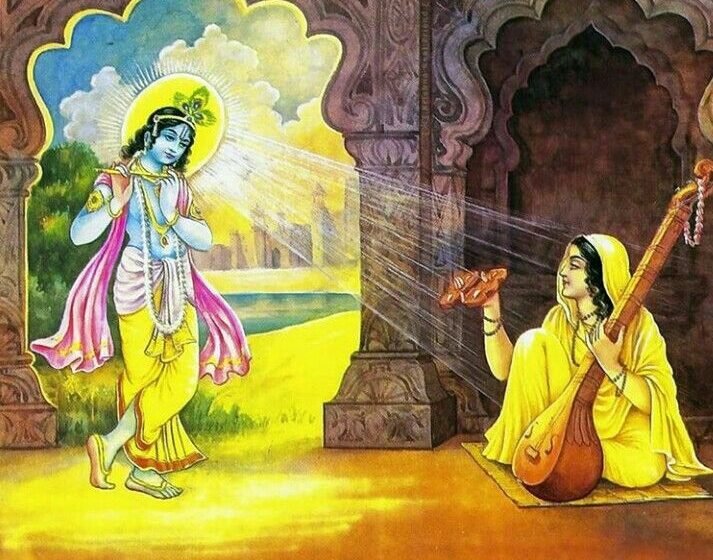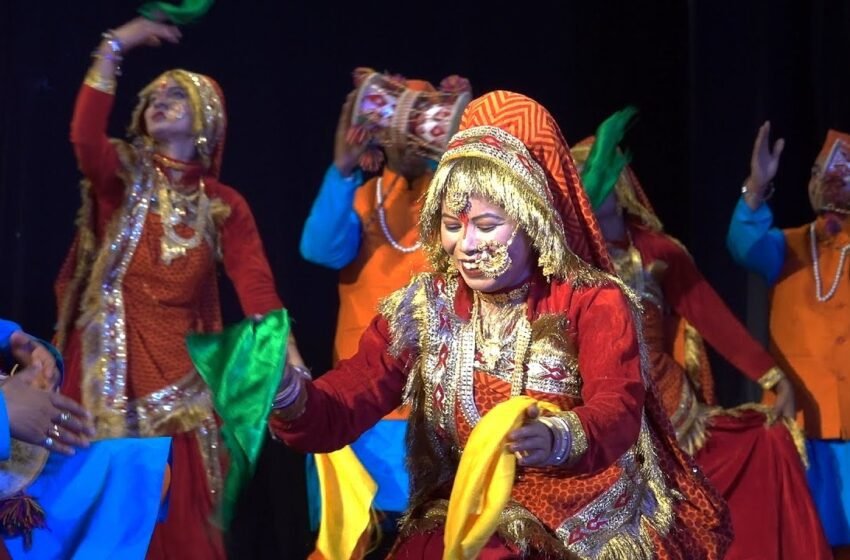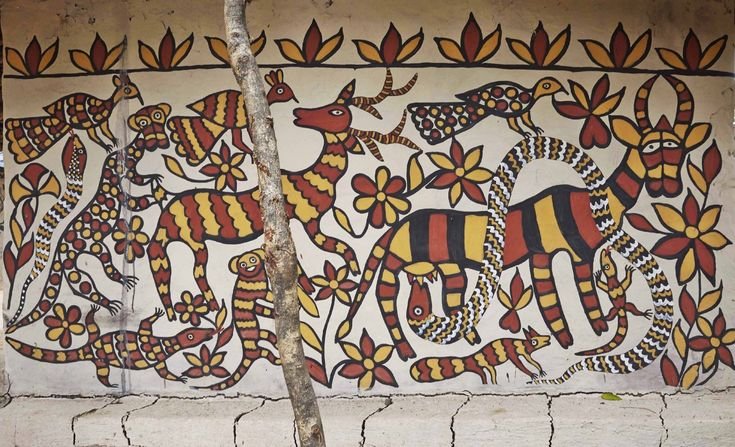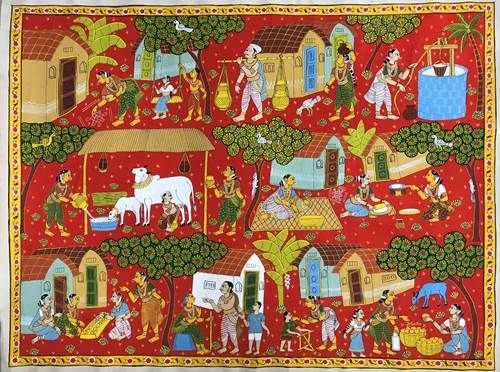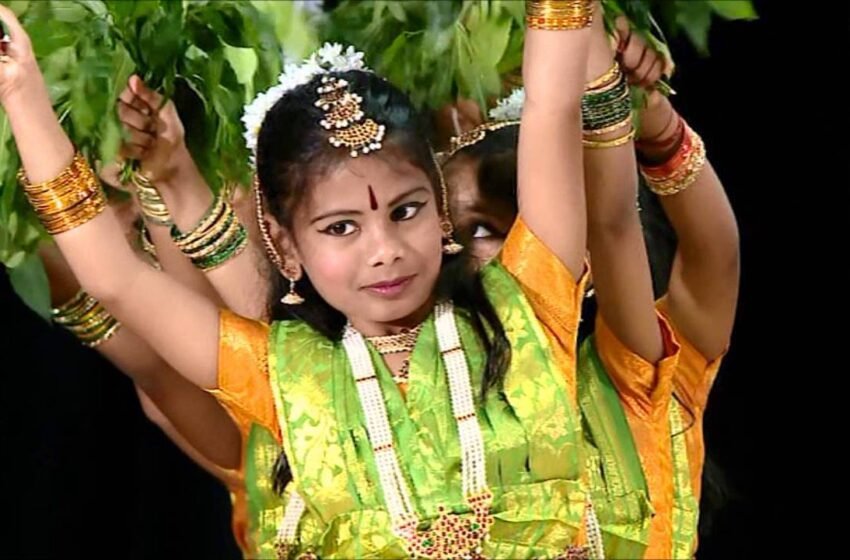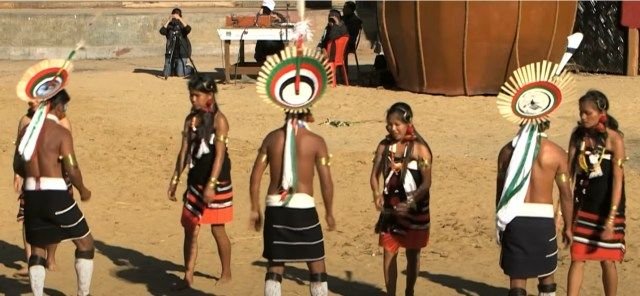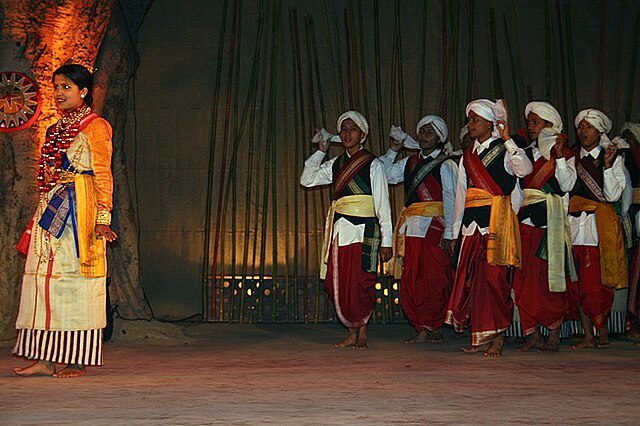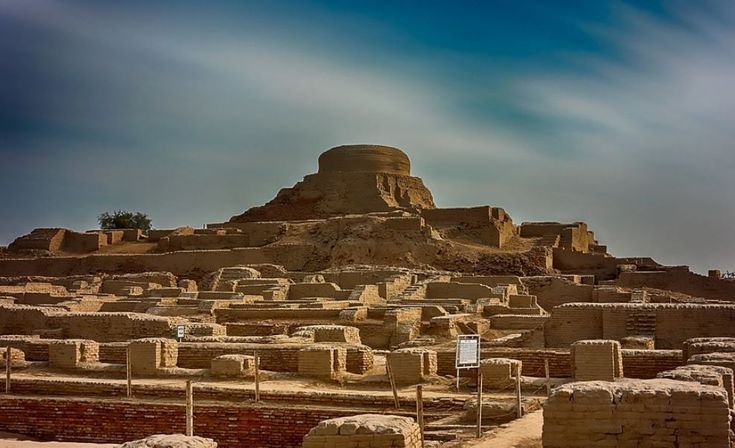Poetry now seems to be fleeing, as if restless in its own skin! The nearby poems catch wind of its urgency, stirring in quiet unease. Each verse dares to stretch beyond its boundaries, pausing mid-flight to wrestle with the weight of its own thoughts. The Bhakti Kaal (Devotion Period) left a profound mark on Hindi […]Read More
Tags : CULTURE
Gond tribal music, deeply rooted in the traditions of the Gond community in Madhya Pradesh and Chhattisgarh, is an artistic expression that has been passed down through generations. This music serves as an integral part of their cultural and spiritual life, playing a significant role in rituals, storytelling, and communal gatherings. However, in the face […]Read More
Uttarakhand, nestled in the lap of the Himalayas, is a land rich in culture, traditions, and folklore. Among its many musical treasures, Chapeli stands out as an essential part of its folk heritage. Chapeli, a form of traditional folk singing, has been an integral part of festivals and social gatherings in Uttarakhand for generations. These […]Read More
The Civil Rights Movement was a defining period in American history, marked by the fight against racial segregation, discrimination, and systemic oppression. It was a battle for equality that relied on nonviolent resistance, legal challenges, and grassroots activism. African Americans, along with allies from various backgrounds, pushed for fundamental rights that had been denied to […]Read More
Khovar and Sohrani are ancient forms of tribal wall art from Jharkhand, deeply connected to the region’s cultural heritage. These beautiful paintings, created by indigenous women, are known for their intricate designs, often inspired by nature. However, these art forms are increasingly threatened by the rise of industrialization. While they have long been celebrated for […]Read More
Cheriyal Scroll Painting: A Vibrant Tradition of Telangana’s Storytelling
Cheriyal Scroll Painting is a vibrant and unique art form that originates from the Telangana region of India. It combines rich storytelling with intricate visuals, creating a captivating blend of color and detail. More than just an art form, Cheriyal Scroll Painting serves as a medium of cultural preservation, capturing the lives of local deities, […]Read More
Manipur, a land renowned for its vibrant cultural traditions, is home to a rare and nearly extinct ritual dance—the Mariamman Dance. This dance was once an integral part of religious ceremonies, performed in honor of Goddess Mariamman, a deity associated with rain, healing, and protection from epidemics. Although predominantly found in Tamil Nadu, the worship […]Read More
Nagaland, a northeastern state of India, is home to some of the bravest warrior tribes. Among them, the Zeliangrong Naga tribe, residing in the hilly terrains of Mount Barail, holds a rich cultural heritage. This tribe is well known for its traditional dance forms, the most remarkable being the Zeliang dance. This dance is not […]Read More
Meghalaya, the land of rolling hills and rich tribal heritage, is home to some of India’s most vibrant and unique folk traditions. Among its many cultural treasures, the Laho Dance stands out as a joyful and communal performance, deeply rooted in the traditions of the Pnar community. Unlike other folk dances that rely on elaborate […]Read More
The Indus Valley Civilization (IVC), one of the world’s earliest urban civilizations, thrived between 2500 BCE and 1900 BCE in what is now Pakistan and north-western India. Alongside Mesopotamia and Ancient Egypt, it formed one of the great early centers of human civilization. Known for its advanced urban planning, sophisticated trade networks, and remarkable craftsmanship, […]Read More
